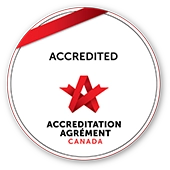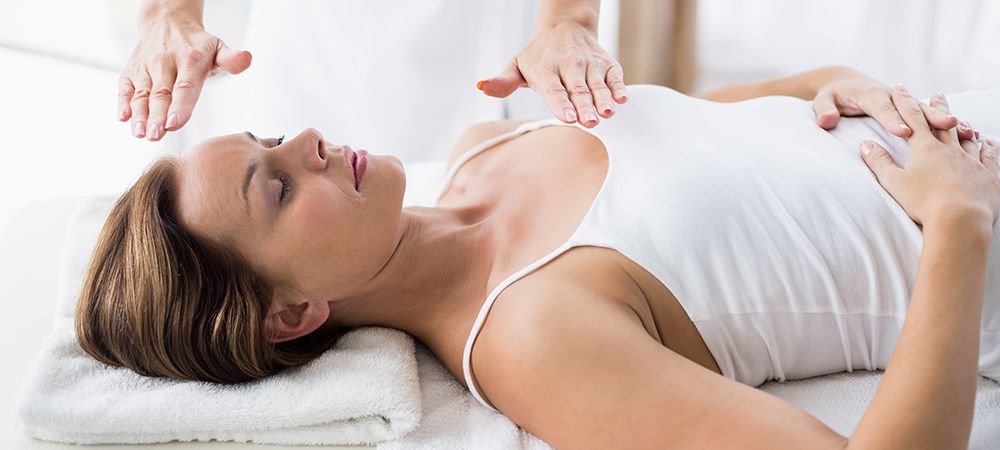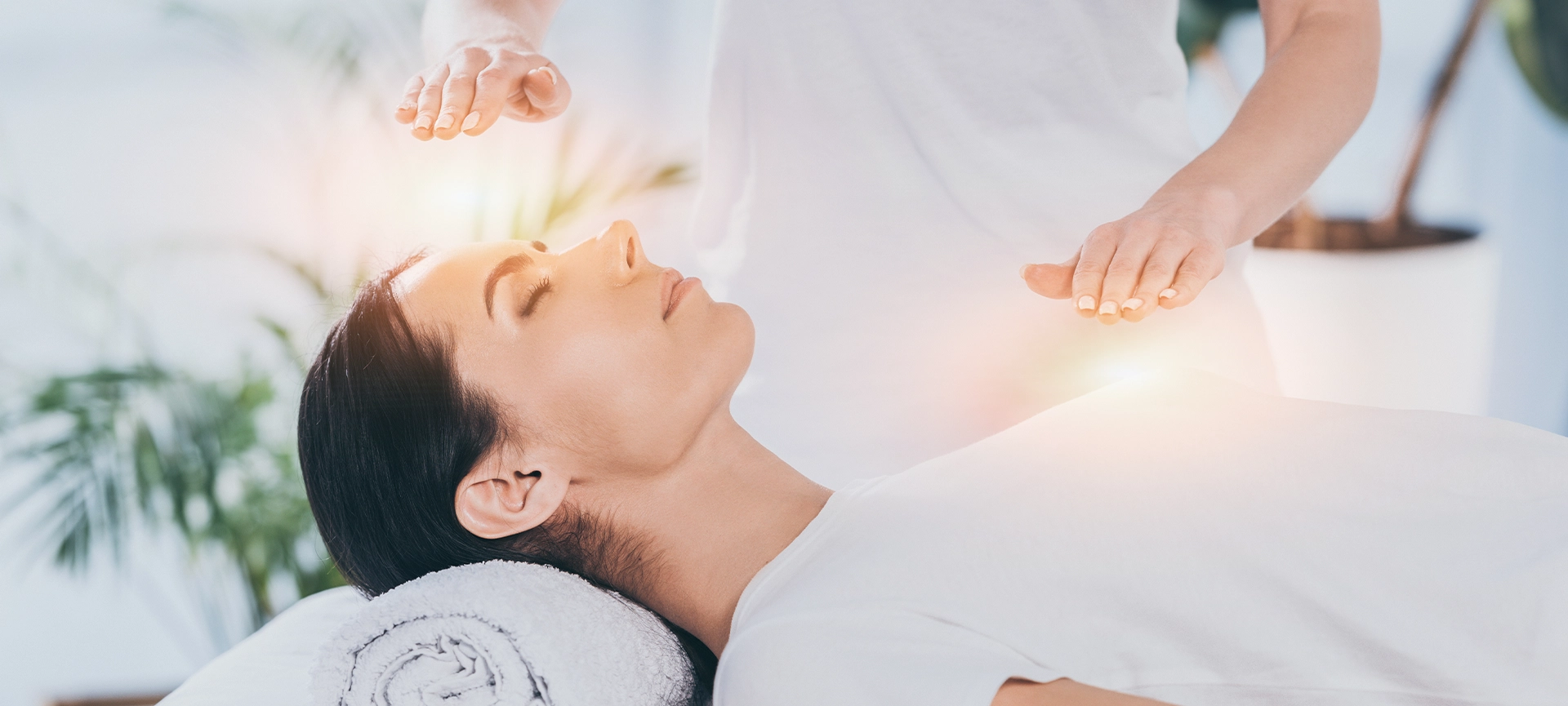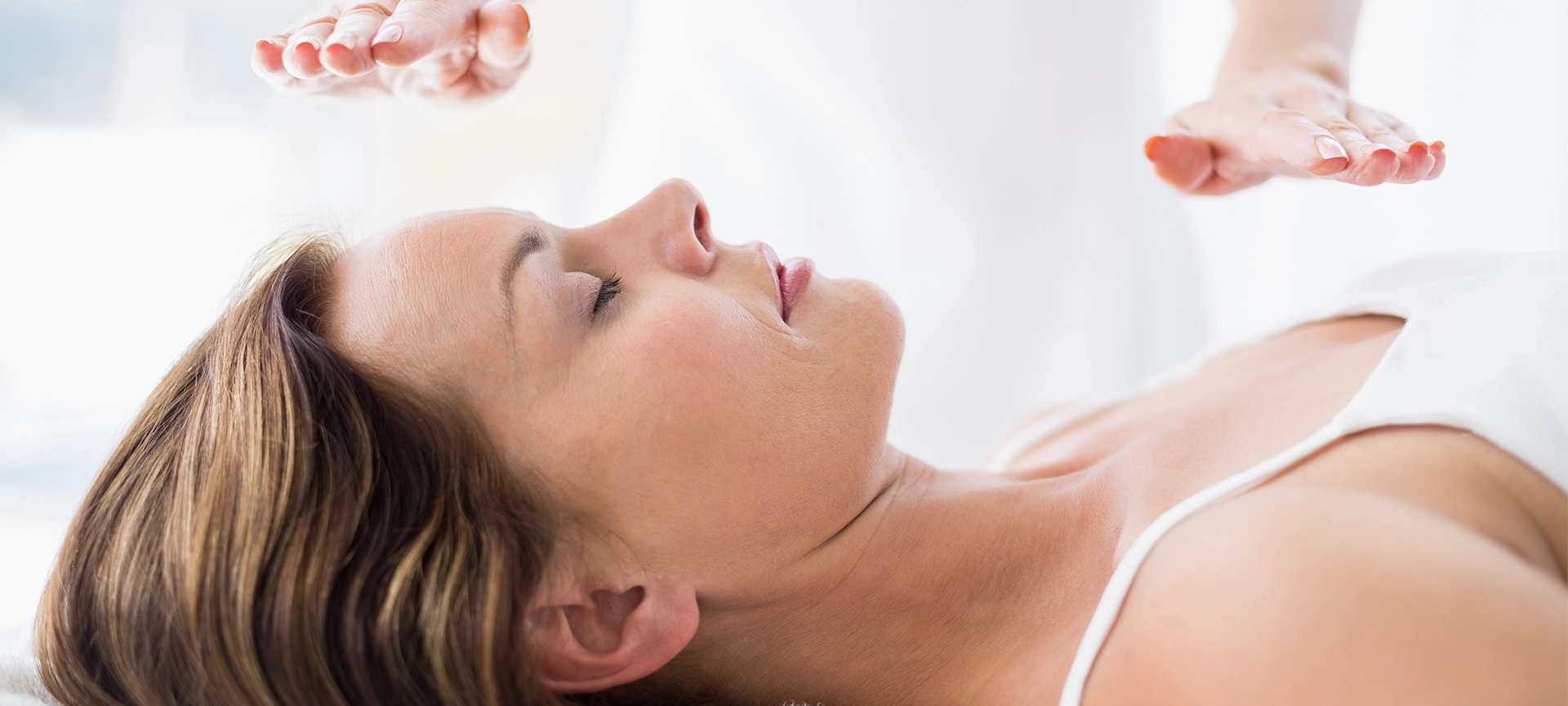What Is Reiki Healing
Reiki originated from ancient Japanese healing practises, but it is not a religion. Instead, Reiki is a form of holistic medicine that is practised by people of many cultures worldwide. It is just one of many addiction recovery services available to those struggling with substance use disorders.
Reiki can be extremely beneficial to those trying to get sober. It benefits the individual by promoting relaxation and encouraging the body’s natural healing mechanisms. While it may not sound like the treatment options we are most accustomed to hearing about, it can be highly effective and relaxing.
Rehab centres are increasingly offering Reiki addiction treatment as part of a holistic approach to recovery. Many people are discovering that Reiki is a great fit for addiction treatment. Take a closer look at how Reiki is used to help those struggling with addiction.
A Closer Look at Reiki
The practice of Reiki involves the transfer of universal energy from a practitioner’s palms to their patients. The term “Reiki” means “mysterious atmosphere, miraculous sign”. It is derived from the Japanese words rei which means “universal” and ki which means “life energy.”
As this suggests, Reiki is a type of energy healing. In the most basic sense, energy healing can target the energy fields surrounding your body. This can be an extremely beneficial component of addiction treatment plans.
Professional Reiki practitioners believe that energy can stagnate in the body where there has been physical or emotional pain. Over time, these energy blocks can result in physical or mental illness. Much like acupuncture or acupressure, energy medicine can help your energy flow and remove any obstructions. If your energy flow improves, then you can expect to experience more relaxation, faster healing, less pain, and decreased illness symptoms.
Although this practice has been gaining popularity relatively recently, it has been around for thousands of years. Modern Reiki practises were coined in 1922 by Mikao Usui, a Japanese Buddhist who taught approximately 2,000 people his methods. It made its way into the U.S. during the 1940s and is also referred to as palm healing and hands-on healing.
Benefits of Reiki
Individuals who believe in and practice Reiki can enjoy several benefits, such as receiving life’s energy. Some practitioners claim that this practice can decrease general healing time and help with chronic illnesses, such as heart disease and addiction. Some even believe that this practice can help a woman through her pregnancy, and after she gives birth.
Many people who enjoy Reiki pursue its mental health benefits, which can include a calmer mind, creativity boost, enhanced personal awareness, relief from traumatic experiences and decreased anxiety or depression symptoms.
This practice can also help people deal with complex emotions, insomnia, and low self-esteem. Moreover, it can help people spiritually, allowing them to feel like they are living a more purposeful life. After a Reiki session, some people report feeling more connected with themselves and others in the universe. For many, it can decrease the pain that is synonymous with drug addiction.
Although Reiki is not a scientifically proven addiction treatment method, there is a substantial body of anecdotal evidence suggesting that it can be an effective component of a treatment plan that also includes individual and/or group therapy.
What Is Reiki Treatment
Recovering from addiction can be a tough and painful road. Even the early days of being clean can be challenging for newcomers. It can be a stressful and emotional journey from the beginning, and the individual may take months to settle into sobriety and start living their life again.
The toughest part of addiction treatment can be staying clean while fighting off old habits and thoughts. These moments of stress and emotional tolls are where Reiki may be able to help.
Reiki for addiction recovery can be a great technique for improving mental well-being. Additionally, Reiki also has numerous spiritual and health benefits after continued use. It can be part of daily holistic practises both during the rehab phase of recovery, and after you have left rehab and returned to the real world.
A Reiki Session
There are no definitive guidelines for a Reiki therapy session; no two sessions are alike. Reiki sessions typically last between 30 and 90 minutes. In most cases, you can expect to meet the practitioner to discuss which treatment is best for you and your health.
It is recommended that you wear something loose and comfortable during the session. A general Reiki session begins with the client lying flat on their back or seated comfortably in a chair. The therapist will usually place their hands lightly on different parts of the body, or close to the client’s skin. Working their way down from the head, the practitioner lightly relaxes the entire body.
In some cases, the therapist might put on scented candles and music to create a calm environment. They will focus their attention on a particular part of the body for a length of time, during which they may experience a tingling sensation in their hands. This indicates the flow of energy that is happening between them and their client.
On the Road to Recovery
Drug and alcohol addiction can cause a number of negative and dangerous health effects. After the continued use of drugs, a person can begin to fall into a dangerous routine of dependency and constant use. The mind and body can begin to worsen after years or even months of using.
Fortunately, it is never too late to get help. At Addiction Rehab Toronto, we offer many options that can help you get on the path to sobriety so you can start living a happier, healthier life. Reiki sessions are available at our addiction treatment centres, and are frequently incorporated in the customized treatment plans we design for our clients.
When it comes to drug and alcohol addiction, time is of the essence. Overdose and permanent damage can occur if addiction is left untreated. Therefore, it is important to get help sooner rather than later. Call us today to get started on your road to recovery.






